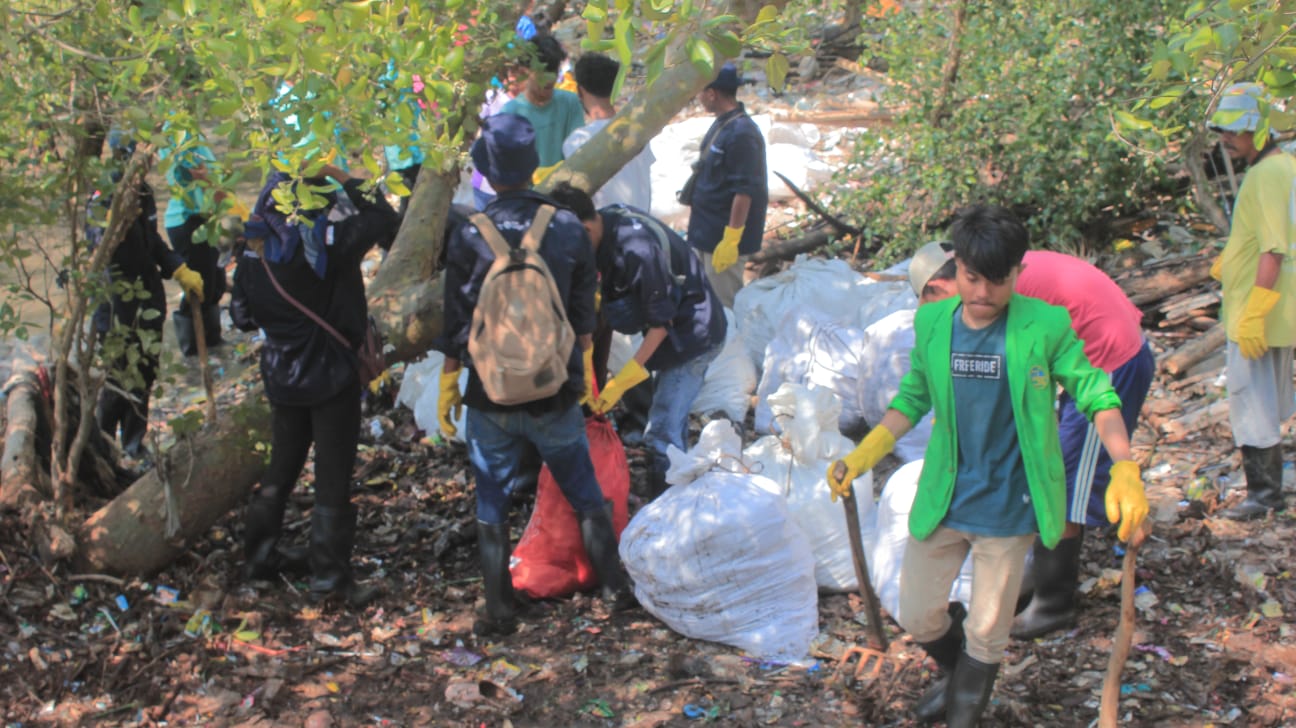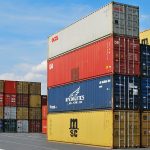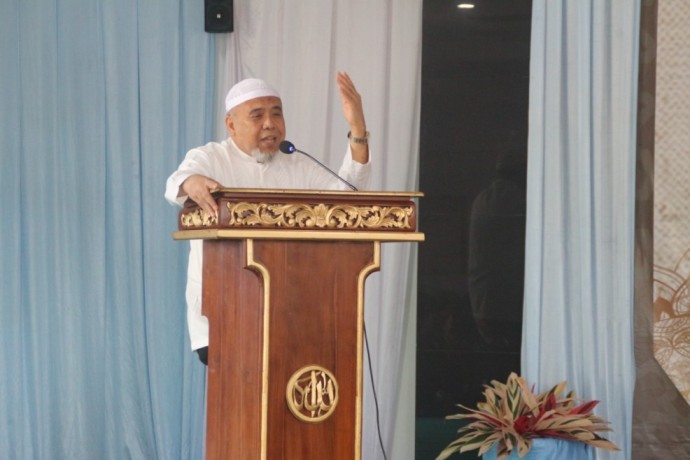The Saung Alas beach, Muara Gembong sub district, is not spared from the problem of plastic wastes both carried away by the current and due to the behavior of the local community and tourists because the beach is one of the tourist destination in the sub district.
Bekasi, West Java (Indonesia Window) – Volunteers consisting of students from the Jakarta-based As-Syafiiyah Islamic University and local communities have worked together to clean wastes in the Saung Alas beach, Muara Gembong, Bekasi district, West Java province.
A press release made available to Indonesia Window said here that the Saung Alas beach, Muara Gembong sub district, is not spared from the problem of plastic wastes both carried away by the current and due to the behavior of the local community and tourists because the beach is one of the tourist destination in the sub district.
Supported by PT Oil and Gas West Java, more than 100 volunteers cleaned the beach on Sunday (December 17) and on Thursday (December 21).
“We as a community must be aware and care about the environment and Saung Alas is one of the attractions of the kingpin estuary which has mangroves so we must preserve it, “said Ubaydillah, President Director of PT. Upstream Oil and Gas West Java.
According to him, the program aims to raise public awareness and concern for the environment and the dangers of waste that is difficult to recycle.
“Unfortunately, Saung Alas is a waste collection that mostly cannot be recycled, even though tourism should be a beautiful and comfortable place for tourists and our hope is that this program can create solutions to deal with this problem,” said Bang Zul, a local environment activist in Muara Gembong.
He said some wastes could be processed to be used as household needs. Paper wastes can be used as a container, plastic wastes can be used as mats and organic wastes to be composted.
Indonesia is the second largest waste producing countries in the world after China where most of the waste ends up in the sea.
If not addressed immediately, then by 2050, the amount of garbage in the sea would be equal to the number of fish. For this reason, the solution to this waste must be carried out from upstream to downstream, including the important thing is to raise public awareness.
Reporting by Indonesia Window











